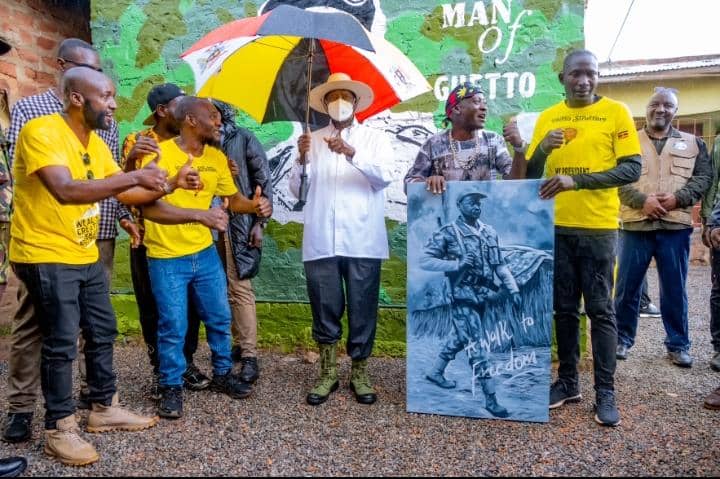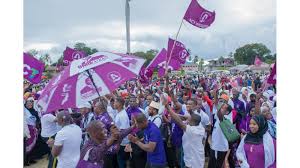As Tanzania gears up for its highly anticipated October general elections, political parties across the nation are increasingly embracing digital tools and technological solutions to engage voters, streamline campaigns, and strengthen electoral transparency.
Political leaders and campaign managers are turning to social media platforms, mobile messaging, and digital voter outreach programs to reach citizens in urban centers and remote rural areas alike. This tech-driven approach aims to enhance information dissemination, voter education, and engagement, especially among the youth, who make up a significant portion of the electorate.
Experts note that digital inclusion is key to a brighter democratic future, enabling citizens to participate more actively in governance while helping parties coordinate logistics, track support, and address voter concerns in real time.
Beyond technology adoption, political organizations are forging partnerships with tech firms, civic groups, and media organizations to ensure campaigns are efficient, secure, and legally compliant. These collaborations also provide capacity-building opportunities for party staff and volunteers, equipping them with skills in data analytics, digital communications, and cybersecurity.
“Strong partnerships and digital readiness are no longer optional—they are essential for effective political mobilization in today’s elections,” says a political analyst familiar with the ongoing preparations.
Despite the promising shift, challenges remain. Limited internet access in some regions, digital literacy gaps, and cybersecurity threats pose risks to the effectiveness of technology-driven campaigns. However, parties see these hurdles as opportunities to innovate and invest in inclusive, accessible, and secure digital solutions that can engage the electorate fairly and transparently.
As Tanzania approaches election season, technology is shaping a new era of political engagement, empowering voters with timely information and allowing parties to modernize their strategies. With the combined power of digital tools and strategic partnerships, the October elections may become a benchmark for tech-enabled democracy in East Africa.



